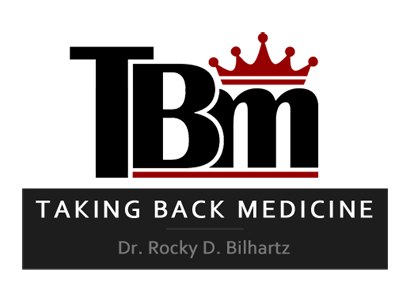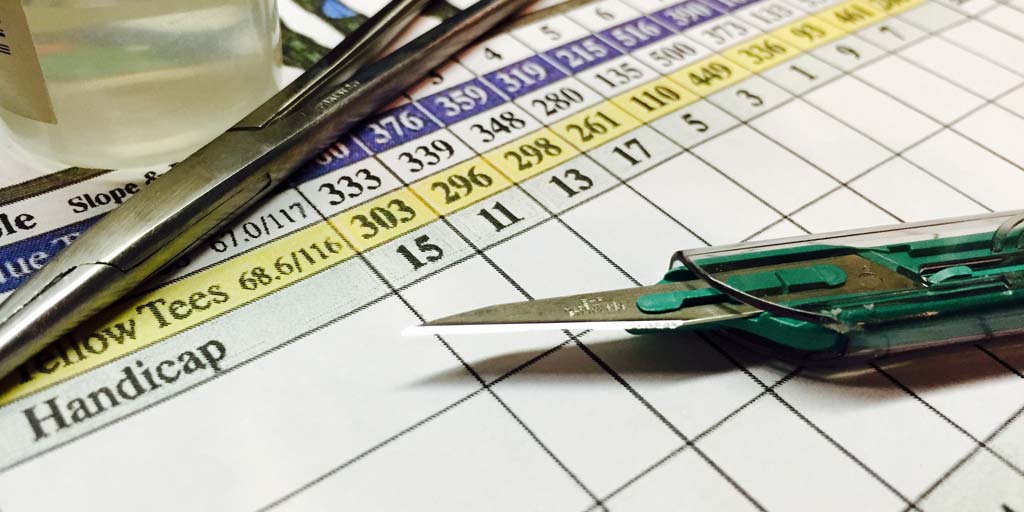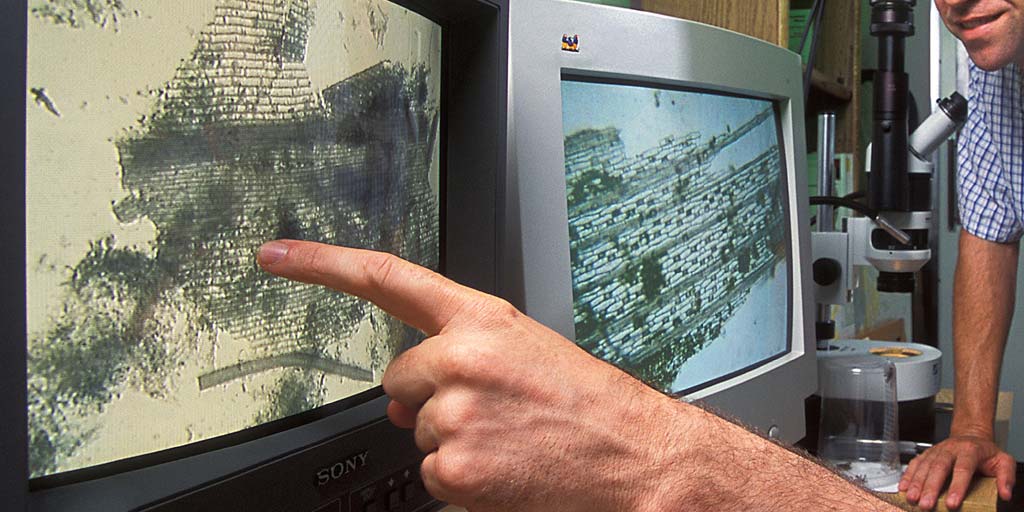I made a mistake.
I don’t buy the New York Times. I told you why. But, someone snuck one of their recent articles into my email. And, yes, I read it.
The article was written by a person with well-known hostility toward private practice physicians. That’s fine. He was giving his interpretation of a study.
The study appeared almost one year ago in a medical journal published by the American Medical Association (AMA). The AMA is the same society who last month, in response to increasing prescription medication costs, recommended that we ban all television commercials for pharmaceutical drugs.
Whatever your take is on this one, I don’t really care. I just wasn’t certain opening up more advertising slots for beer commercials and Doritos would be the answer. Of note, the AMA failed to mention any need to ban the dollars they receive from pharmaceutical ads appearing in their own magazines. (Perhaps, that will be a post for another day.)
Regardless, the New York Times article was about a study that evaluated outcomes of heart patients admitted to hospitals during two distinct periods of time: (1) during days of the year when a handful of cardiologists are away from work “learning” at national meetings, and (2) during similar days when they are not.











Recent Comments